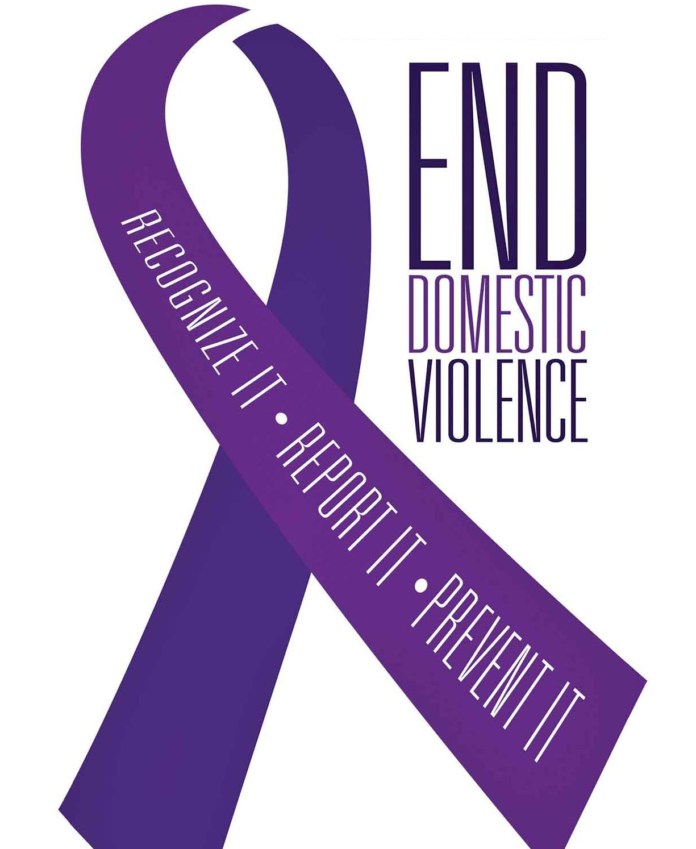Ms Faustina Pumora, a 30-year-old woman from Zua, a rural community in the Nabdam District of the Upper East Region, has suffered countless abuse at the hands of her husband.
Ms Pumora, a mother of four, said her husband, on many occasions, had physically abused her but she had no idea where she could seek help.
Unfortunately, her parents drove her back to her husband’s home whenever she went to them to seek help and refuge, she said, and that the situation did not only affect her physically but mentally and emotionally.
Like Ms Pumora, many women in rural communities in the Nabdam District and the Upper East Region in general have suffered domestic violence but have not been able to report to the appropriate authorities for redress due to lack of knowledge.
However, the story is beginning to change for many women in the Zua Community of the Nabdam District as more women are now empowered to know their rights and report cases of violence against them to the human rights institutions for redress.
This is because the Zua Women’s Group, of which Ms Pumora is a member, participated in a sensitisation meeting organised by the Widows and Orphans Movement, a gender-focused organisation.
The sensitisation focused on equipping the women with knowledge on the Intestate Succession Law, the Marriage Act, and their rights to enable them to defend these rights and live dignified lives.
The programme was supported by Plan International Ghana and funded by the Global Affairs Canada.
Ms Pumora said she gained knowledge on the rights of women and learned that she had the right to report any form of abuse to the Commission on Human Rights and Administrative Justice (CHRAJ), Domestic Violence and Victim Support Unit (DOVVSU) of the Ghana Police Service, or the Department of Social Welfare.
“When I returned home from the meeting my husband asked me what went on and I told him that some officers from the Widows and Orphans Movement came and talked to us on the rights of a woman and how we can report issues of abuse,” she said.
“My husband asked me whether I was going to report him when next he beats me, and I said yes! And my husband then said if I will report him then he will not beat me again”.
She revealed that for the past two months her husband had not beaten her as compared to the past where he could beat her at the least provocation. At least three times in a month he would beat and inflict injuries on her.
According to the United Nations, globally, an estimated 736 million women, almost one in three women aged 15 and older, had suffered some form of abuse and about GH₵73.5 million was lost annually to gender-based violence.
The United Nations Women (2022) report states that about one in four Ghanaian women have suffered physical and or sexual violence by an intimate partner.
The UN Women is an organisation delivering programmes, policies, and standards that uphold women’s human rights and ensure that every woman and girl lives up to her full potential.
The Ghana Police Service reported that about 16,000 cases of domestic violence were recorded in 2020.
Similarly, statistics from CHRAJ indicates that the Upper East Region had recorded 1,815 cases of gender-based violence from 2015 to 2021 and 33 cases in the first two months of 2022.
Many women in the region and beyond continue to suffer a lot of abuse but for the fear of being labeled as “a bad woman,” they choose to keep these incidences unreported, making room for more violations.
Women who choose to report cases of violence are seen to be disgracing the family and this makes them to keep quiet over the issue.
Some family members have normalised abuse in marriage while abused wives who flee to their families are turned back.
Ms Agnes Bayimahime, the Project Officer, Widows and Orphans Movement, said many women in rural communities continued to suffer all forms of abuses because they lack knowledge of their rights, the legal frameworks, and the institutions to report to.
That, she noted, compelled the Movement to empower women in some districts of the region to stand for their rights and help change sociocultural norms to end abuses.
The project is being implemented in the Nabdam and Bolgatanga East districts.
“Most of the women from the 10 women groups in the two districts, who were sensitised on the rights of women and girls, and the Intestate Succession Law, attested to the fact that they suffer abuse and violations from their male partners and community members and are unable to report because of societal perception on such women,” she said.
The project has, therefore, increased the understanding of women on those relevant issues and instilled in them the confidence in demanding their rights among other things.
Mr Jaladeen Abdulai, the Upper East Regional Director of CHRAJ, said due to lack of offices of human rights institutions in some districts, victims of abuse found it difficult to report such cases.
He said due to poverty and high cost of transportation, the victims could not travel to the regional offices to seek redress and appealed to the district assemblies to provide space for human rights institutions to help fight violence.
It would be of great help if the Government took steps to operationalise the Domestic Violence Fund to enable victims to get financial assistance to improve their wellbeing.
GNA


